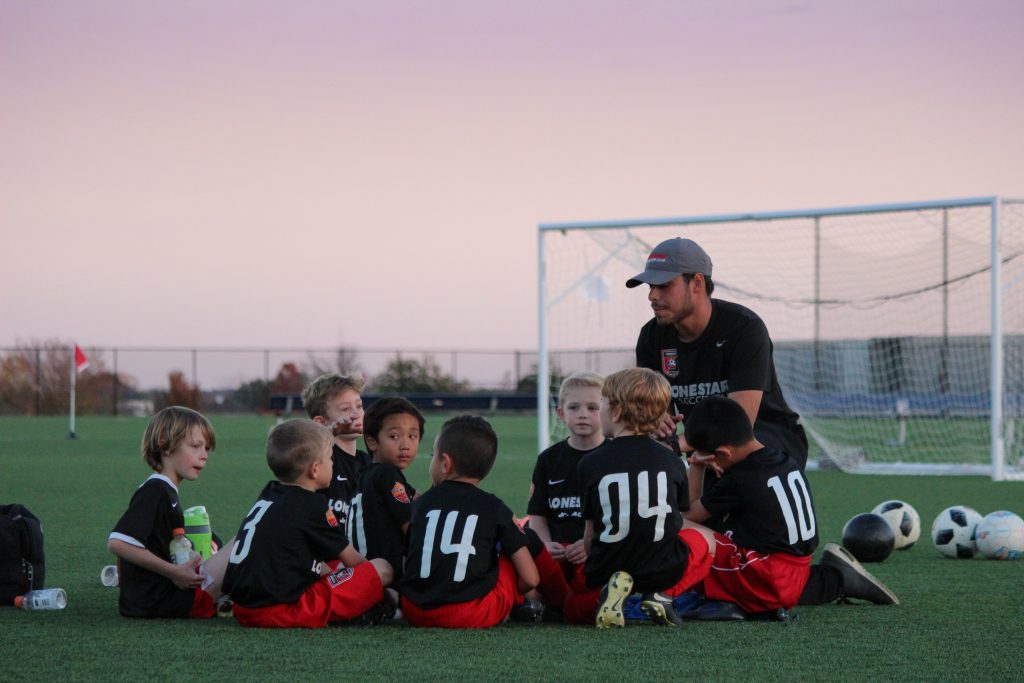Earlier this month we talked about the people who are part of a child’s support system. While these people exist, it’s also important that we continue helping our children build and grow this network on their own. This enables the child to also have some ownership in choosing who these “significant others” are and to make them a part of their lives.
Here are some ways you can start to help your children continue to build and grow their support system:
Teach children how to ask for help
Children may feel uncomfortable saying that they need help because they’re afraid of the response they might get. Show your children that it is okay to ask for help, by modelling it. Ask them to help you too! Doing chores, taking care of younger siblings, teaching you how to use a new tech gadget, etc. And when they willingly jump to help you, show your appreciation and make it clear.
Don’t do everything for them
It is quite a natural parent’s instinct to immediately jump into help whenever our kids have a problem. However, children have to learn how to tackle their own problems eventually. This is where you would want to start helping them find the “significant others” in their lives. For example, if your children are facing a problem at school, you can encourage them to ask help from a teacher whom they respect. If your children are struggling to learn a new sport or skill, you could also suggest that they ask help from an older family member who knows how to teach them well.
Get children involved in activities

Photo by Alyssa Ledesma on Unsplash
Help your children widen their social circle so they will be able to meet more people who could be part of their support system. Encourage them to join activities at school, with friends, or in the community. It could be a football club, dance team, or volunteer work. But don’t force them to participate in activities. Instead, have a chat with them and find out what they like so you can help lead them toward something that they will genuinely enjoy. When they do, they will likely meet other peers or older role models who share their interests and can help provide support.
This article was taken from SUKA Society‘s booklet “It’s Okay To Ask For Help” with additional tips added by us. We want to thank them for providing helpful resources like this for Malaysian families.
Featured photo by Charlein Gracia on Unsplash




